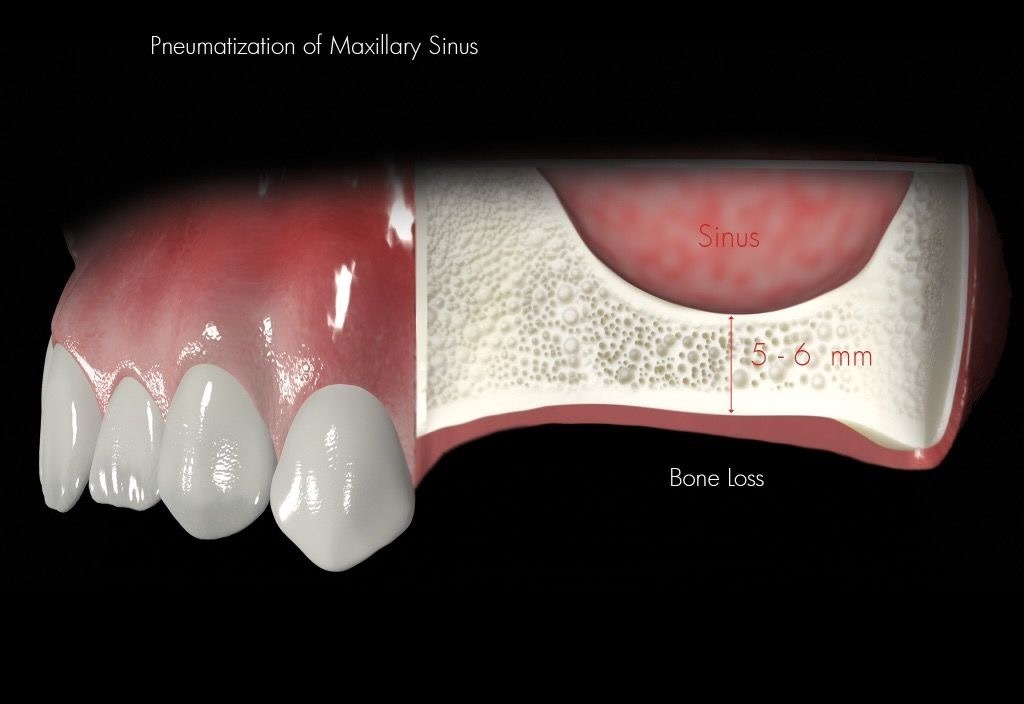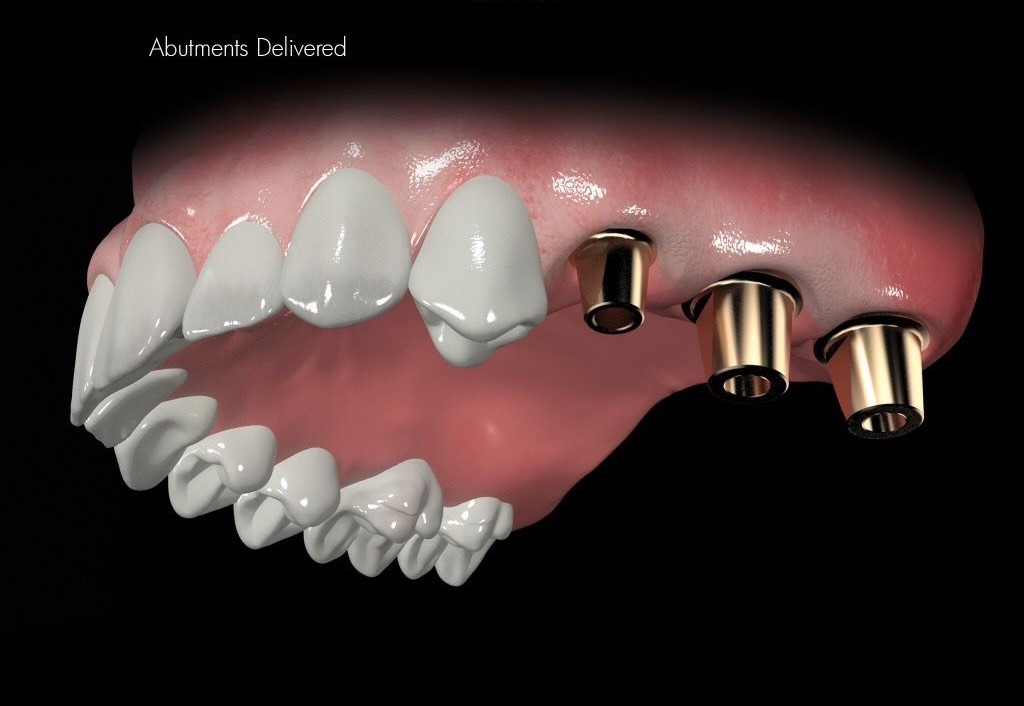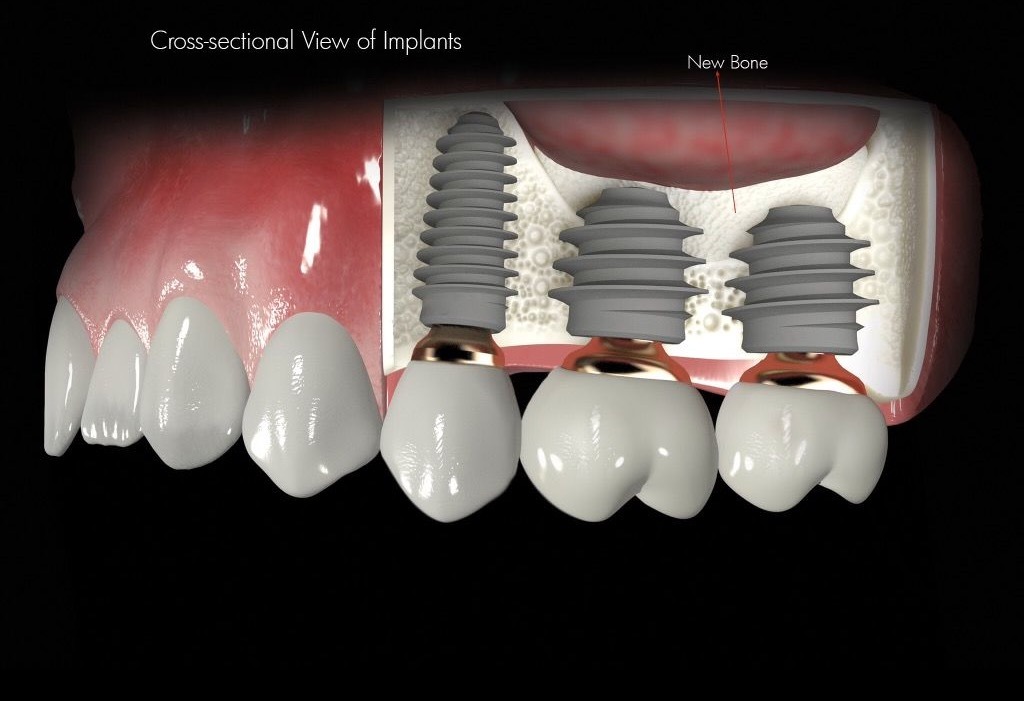If it’s not in regular use, the bone in your jaw will shrink. This natural process is called ‘resorption’. Resorption occurs when a gap is left after a tooth has been lost. It also occurs with age and under a conventional denture. Indeed, the pressure of a denture on the gums during chewing reduces the blood supply, increasing the rate of bone loss.
During your initial clinical assessment, your dentist will decide whether or not you have enough bone for implant treatment. In the past, insufficient bone volume was a problem – but this is not necessarily the case anymore. These days, bone grafting can provide a firm base on which to fix an implant or implants. Bone grafts can be taken from other parts of the body, or created from synthetic, animal or human bone augmentation material.
The types of bone grafting surgery involved in dental implant treatment include:
We offer all forms of bone grafting here at Woods Dental. These procedures are carried out by our Specialist Oral Surgeon Dr Rob Adams BDS, FDS RCS(Eng), MSurgDent RCS, MSc (UCL, Implant Dentistry).








